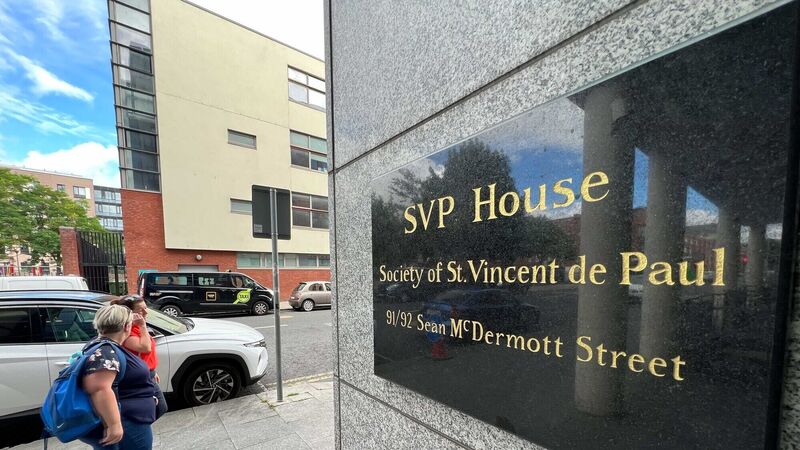Joyce Fegan: Making cents of the cost-of-living crisis

St Vincent de Paul has reported an increase of 20% in the number of requests for help since the beginning of this year, compared to the same period in 2021. Picture: Sasko Lazarov / RollingNews.ie
Sharing bath water, vigilantly turning on and off the heating, strategically missing light bulbs, politicians preaching about said vigilance, and only using the big ticket household devices after sunset.
This isn't a nostalgia-inducing episode of . This is now.















